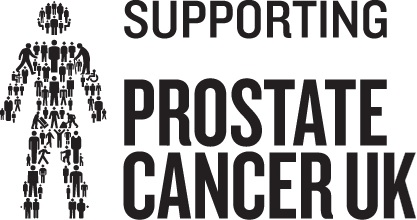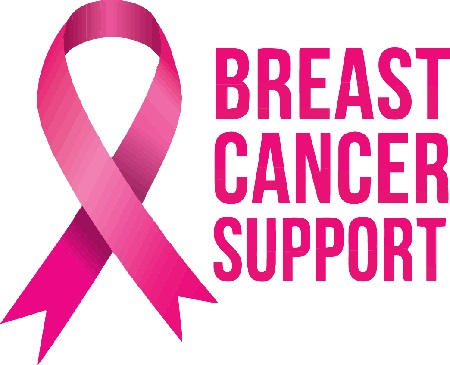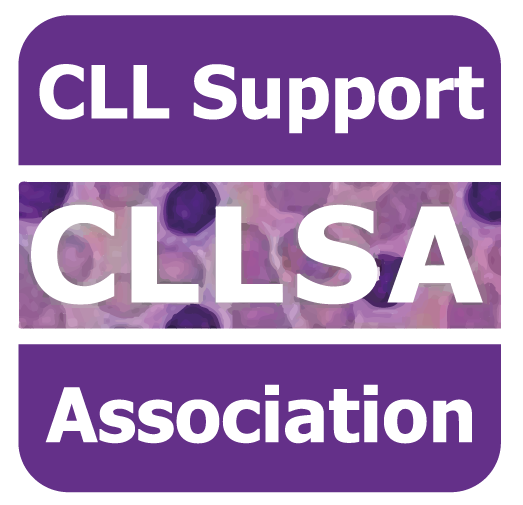Our Supported Charities

Prostate cancer is the most common cancer affecting UK men accounting for about 27% of all male cases.
One in eight men in the UK will develop Prostate Cancer at some point in their lives. This is about the same ratio as women who will get breast cancer in the UK at some point in their lives.
One in four black men in the UK will develop Prostate Cancer at some point in their lives.
Prostate Cancer is VERY treatable with excellent survival rates if diagnosed early.
Symptoms of the disease are passing blood in the urine (even just once can be an indicator), difficulty peeing, feeling the bladder is not empty after peeing and feeling the need to pee far more frequently that was normal. These are not the only symptoms.
Prostate Cancer UK operate a dedicated phone line with qualified nurses on the end of a telephone who can help with all questions about the disease.
Please spread the word and save a life.
Their website also has lots of information visit them here Prostate Cancer UK

Breast Cancer is the most common cancer affecting women in the UK accounting for 15% of all cases. That equates to between one in seven to one in eight women. Treatments have advanced enormously in the past thirty years and it is now an extremely survivable cancer when diagnosed early enough. Men can also get breast cancer although cases are very rare.
Make sure you or your loved ones protect yourselves by self checking and being aware of the symptoms.
- A lump or swelling in the breast, upper chest or armpit
- A change to the skin, such as puckering or dimpling
- A change in the colour of the breast – the breast may look red or inflamed
- A nipple change, for example it has become pulled in (inverted)
- Rash or crusting around the nipple
- Unusual liquid (discharge) from either nipple
- Changes in size or shape of the breast
- On its own, pain in your breasts is not usually a sign of breast cancer. But look out for pain in your breast or armpit that’s there all or almost all the time.
- The most common symptom of breast cancer in men is a lump in the chest area.
There are several worthy breast cancer charities in the UK including Breast Cancer Now and Breast Cancer Support. Both of these charities have excellent information on self checking, treatments, and support for those directly and indirectly affected by the disease.

Chronic Lymphocytic Leukaemia Support Association is a charity that have well-established links with national leukaemia and lymphoma charities and other international CLL organisations. They provide support to CLL patients and their carers and inform them of development in treatment and research.
What is CLL?
Chronic Lymphocytic Leukaemia (CLL) is a type of cancer that affects white blood cells.
Under normal circumstances healthy white blood cells help our bodies fight infection and disease. In CLL, the bone marrow produces too many white blood cells, called lymphocytes, which aren’t fully developed, and which don’t work properly. Over time, these cells accumulate in the blood and outnumber the normal cells. As well as the blood and bone marrow, white blood cells are also found in large numbers in the lymphatic system, the spleen and other body tissues. This may give rise to enlarged lymph nodes and spleen.
When the abnormal cells accumulate mainly in the lymph nodes rather than the blood, it is called Small Lymphocytic Lymphoma (SLL).
CLL can behave very differently in different people. The term ‘chronic’ means that in most cases this type of cancer develops or progresses very slowly over months or years. Around a third of CLL patients may never need treatment. However, in some cases the disease progresses more rapidly and the options for treatment will need to be considered.
How common it is?
CLL is the most common form of leukaemia in adults in Western countries.
Approximately 4,220 adults are diagnosed with CLL in the UK each year. It is more common in white people and is rarely seen in children.
The charity can be found here at CLLSA
